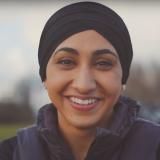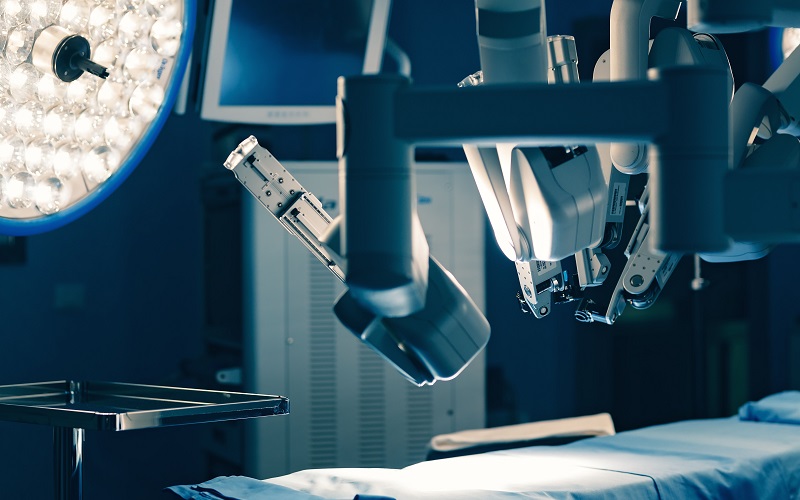Sports Medicine, Exercise and Health MSc
London, Bloomsbury
Study mode
Overseas tuition fees (2024/25)
Duration
Programme starts
Applications accepted
Applications open
Applications open
Visit us
Online - Open day
Graduate Open Events: Sport Medicine, Exercise, Rehabilitation and Performing Art Medicine MSc
This online session will provide you with an overview of our Sports Medicine, Exercise and Health MSc, Performing Arts Medicine MSc and Physical Therapy in Musculoskeletal Health & Rehabilitation MSc. The programme overviews will be followed by a Q&A session with our programme leads. Speakers: Courtney Kipps, Hara Trouli, Helen Birch.
Online - Open day
Graduate Open Events: Burns, Plastic and Reconstructive Surgery MSc
This online session provides you with an overview of our MSc Burns, Plastic and Reconstructive Surgery programme. The programme overview is followed by a Q&A session with our programme leads. Speaker: Prof Deepak Kalaskar, Programme Lead and Deputy Director MSc Burns Plastic and Reconstructive Surgery.
UCL is regulated by the Office for Students.



